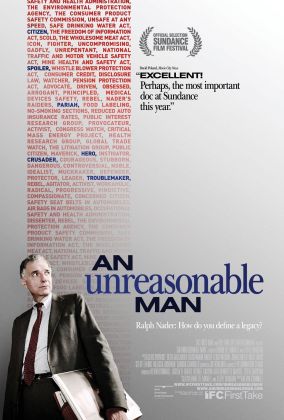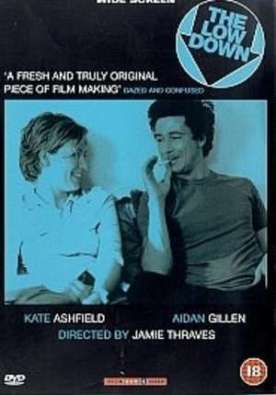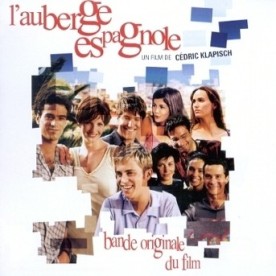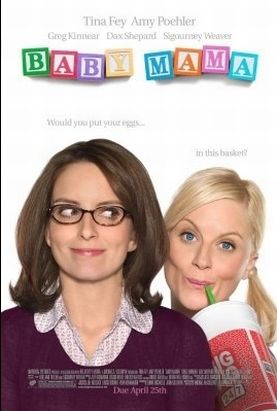Win Win
An example of the violation of the law of Chekhov’s gun that I mentioned in a recent review — that is, the rule that, “if in Act I you have a pistol hanging on the wall, then it must fire in the last act” — occurs in Thomas McCarthy’s enjoyable Win Win. In an early scene we see the hero, Mike Flaherty (Paul Giamatti) tinkering with a symbolic boiler in his New Jersey lawyer’s office. Mike’s legal practice isn’t doing too well, and neither is the boiler. Of the latter we are told that it very well might explode unless it is fixed — and that there is not enough money to fix it. If that’s not an invitation to the boiler to explode at some strategic point later in the film, I don’t know what is. But to Mr McCarthy the boiler, its symbolic work done, has no further interest and is heard from no more. Any subsequent explosions will be only of the metaphorical kind.
Admittedly, it’s a small point, but it’s a flaw in the movie’s construction, as is its waste of the great Jeffrey Tambor as Stephen Vigman, Mike’s associate and his assistant wrestling coach who more or less drops out of the movie half-way through, having been given nothing of importance to do hitherto. The time spent on Mike’s much less interesting friend Terry (Bobby Cannavale) and his failed marriage also seems to me to be wasted, as it adds little or nothing to the movie’s two main stories. One of these is about Mike’s conscience and the breach of professional ethics he commits to save his business, and the other is about a young runaway named Kyle (Alex Shaffer) who transforms the fortunes of his wrestling team.
Kyle is the grandson of Leo (Burt Young), an old man drifting into senility at whose expense Mike commits the shady deed aforementioned. Kyle, on the run from a neglectful mother (Melanie Lynskey) back in Ohio, arrives in New Jersey in the vain hope of getting from his grandfather some of the parental attention his mother is unable or unwilling to give, but he ends up getting it instead from Mike and his wife, Jackie (Amy Ryan), whose basic decency and goodness is attested by their willingness, in effect, to adopt him. But Mike’s ulterior motive, as suggested to us by Kyle’s wrestling prowess, once again becomes the source of a dramatic conflict that largely takes place within Mike’s conscience. I hope I don’t have to issue a spoiler alert to mention that conscience wins out in the end.
For that is the principal reason why, in spite of its flaws, this is a movie worth watching. Hollywood used to turn out this kind of vaguely inspirational and uplifting moral tale all the time, but it has got out of the habit in recent years. This is partly because the audience for first-run pictures used to be middle-class adults but is now heavily weighted towards teenage boys with little or no interest in moral questions. But also has to do with the general degradation of moral thought — not to say morality itself — in our public life. In the media culture, the only sin is the sin — if sin it be — of hypocrisy, so it’s not too surprising that Mike’s moral crisis tends to be seen through that lens too. At times we have the feeling that, to Mr McCarthy, whose earlier films The Station Agent and The Visitor are similarly shot through with moral earnestness, cares more that Mike has kept his moral peccadillo hidden from his loved ones than that he committed it in the first place.
But when it comes to morally serious movies we must take what we can get, and what we get in this case is a funny, poignant and empathetic look at the sort of quiet desperation that ordinary middle-class life may come to. At one point as Kyle is about to wrestle, Mike, a former high school wrestler himself but a more dogged than talented one, asks him: “What’s it like to be as good as you are?”
“I don’t know,” Kyle replies. “I guess it feels like I’m in control of everything, you know?”
“I do,” says Mike. And so do we, even though such a state of control is likely to be for us as it is for Mike only aspirational.
Discover more from James Bowman
Subscribe to get the latest posts to your email.







